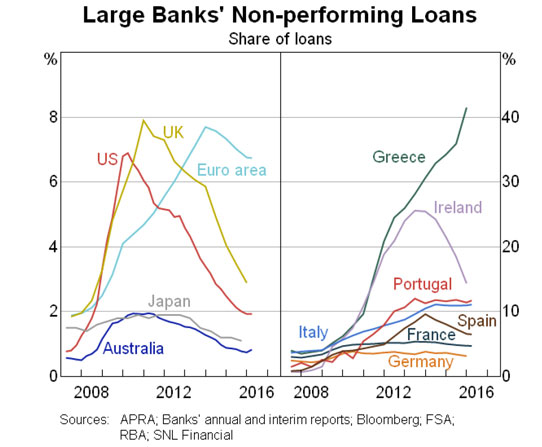ASIC says Mr Madhvan Nair, a former mortgage broker with AHL Investments Pty Ltd (trading as Aussie Home Loans), was convicted and sentenced in the Downing Centre Local Court last week on eighteen charges involving the submission of false or misleading information to banks.
Mr Nair was convicted after admitting to providing documents in support of eighteen loan applications to Westpac Banking Corporation (Westpac), Australia and New Zealand Banking Group (ANZ) and National Australia Bank (NAB) knowing that they contained false or misleading information.
The applications contained documents which purported to be from the applicant’s employer. These documents were false and in most instances, the loan applicant had never worked for the particular employer.
For each and all eighteen charges, Mr Nair was convicted and released upon entering into a recognizance in the amount of $1,000 on the condition that he be of good behaviour for three years.
In sentencing Mr Nair, Magistrate Atkinson noted that it was a serious matter and that there are tough laws for good reason.
Magistrate Atkinson described the nature of the offending in submitting 18 separate loan applications containing false information or documents as very troubling. Noting Mr Nair had no prior convictions, his ill health, the relatively small financial benefit he received, his plea of guilty and high level of cooperation with ASIC, Magistrate Atkinson stated that had any of the factors been different, the defendant may have faced full-time imprisonment.
ASIC Deputy Chair Peter Kell said, ‘ASIC wants to ensure that dishonest brokers are removed from the industry and we will take all necessary steps to achieve this.’
The Commonwealth Director of Public Prosecutions (CDPP) prosecuted the matter.
Background
ASIC’s investigation found that between September 2012 and June 2014, Mr Nair submitted eighteen loan applications containing false borrower employment documents. Of the eighteen loan applications, twelve were approved and disbursed, totaling $3,256,684.
Mr Nair received commission on those twelve loans of $7,583.49. In addition, Mr Nair received cash payments totalling $2,500 from two of the loan applicants upon approval of their loan applications. Mr Nair received a total financial benefit of $10,083.49 as a result of the approved loan applications.
The eighteen loan applications ranged in value from $10,000 to $490,875.
Mr Nair received his commission through Smee & Pree Nair Enterprises Pty Ltd (ACN 091 014 756), a company controlled and owned by Mr Nair.
On 5 July 2016, Mr Nair appeared at the Downing Centre Local Court and pleaded guilty to seventeen charges under sections 160D and one charge under the former section 33(2) of the National Consumer Credit Protection Act 2009.
Section 160D (formerly section 33(2)) makes it an offence for a person engaging in credit activities to give information or documents to another person which is false in a material particular or materially misleading.
Mr Nair was sentenced on 30 August 2016.
Since becoming the national regulator of consumer credit on 1 July 2010, ASIC has taken 80 actions involving loan fraud, including 61 actions to ban individuals and companies from providing or engaging in credit services or holding an Australian credit licence. ASIC has also commenced 14 criminal proceedings involving loan fraud.




 Report 486
Report 486